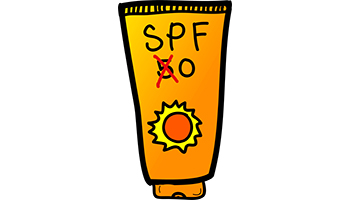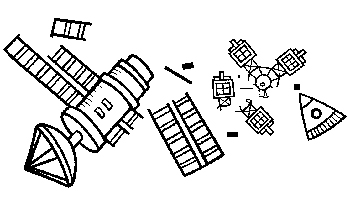“People knew these foreclosures were unfair, but they were unable to articulate they were more than unfair—they were unconstitutional.”
Chicago-Kent College of Law Professor Bernadette Atuahene, in the Detroit Metro Times, about the city’s foreclosure crisis this past summer
“They’re replacing [baseload, reliable] low-carbon energy with low-carbon energy that requires backup 65 percent to 85 percent of the time. Everywhere that nuclear is closed, it gets replaced by natural gas. That means France will probably get dirtier.”
Professor of Physics Jeff Terry in Forbes, about French President Emmanuel Macron’s intention to phase out the country’s nuclear power plants and replace them with wind and solar energy stations

“They start becoming reactive, decompose—and that basically makes them ineffective.”
Sohail Murad, chair of the Department of Chemical and Biological Engineering, on CBS 2 Chicago, about the loss of potency of sunscreen left in a hot car

“So, there is little to gain and much to lose by introducing cameras in the courtroom.”
Nancy Marder, Chicago-Kent College of Law professor, in a Bloomberg BNA article about the United States Supreme Court’s new website

“This ability to grab onto an object nearly anywhere, instead of needing a specific grapple point that may not even be there, is really advantageous. It means you don’t need a precision approach.”
Matthew Spenko, associate professor of mechanical engineering and director of the Robotics Lab@IIT, in the New Scientist, about how a gecko-inspired gripper he developed could potentially clean up space junk
“Is there a hazard or potential risk of cancer in humans who are exposed to RF [radio frequency] fields? I believe the answer is yes. But the more important question is, what is your exposure?”
IIT Research Institute President and Director David McCormick, on the controversial topic of cell towers near schools, on nprEd